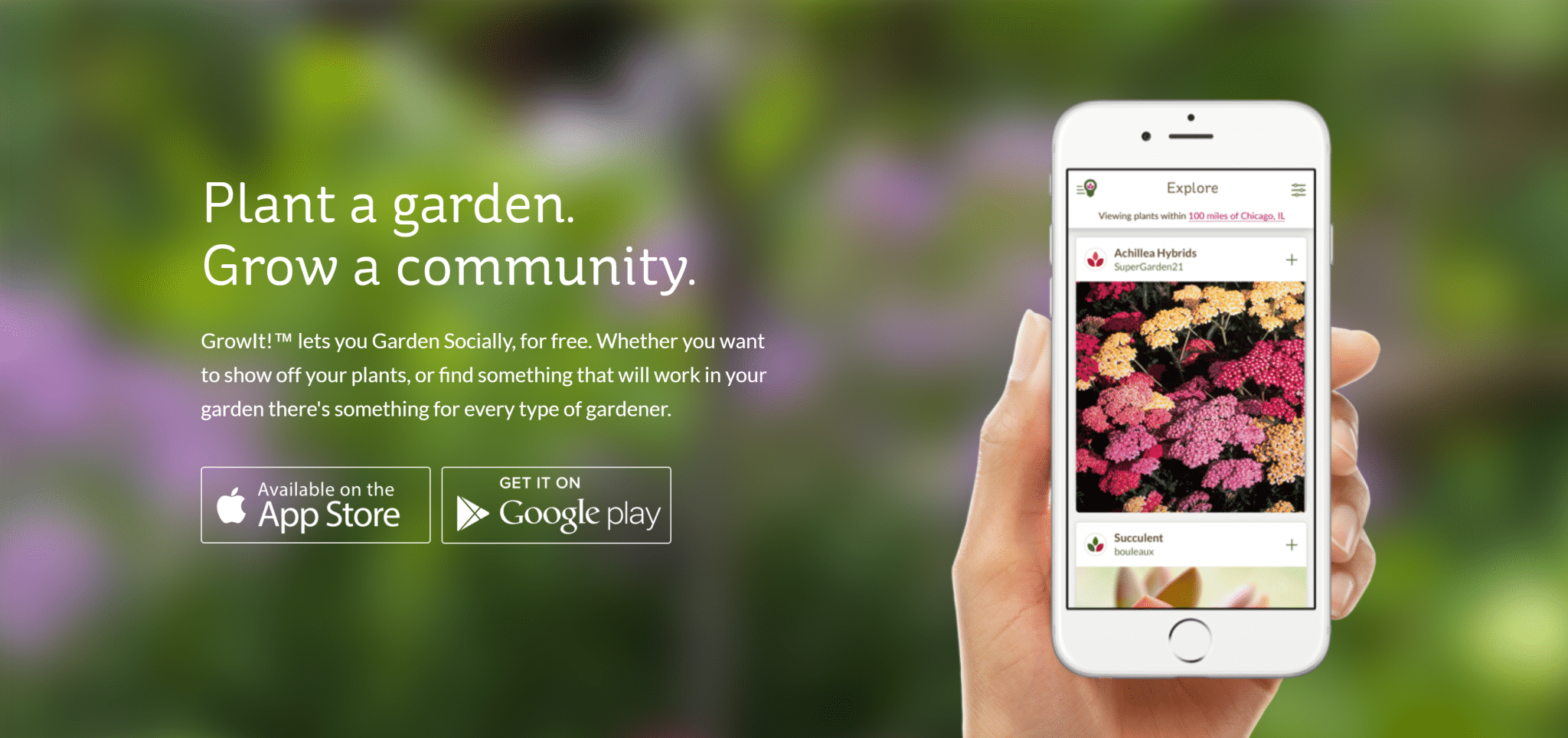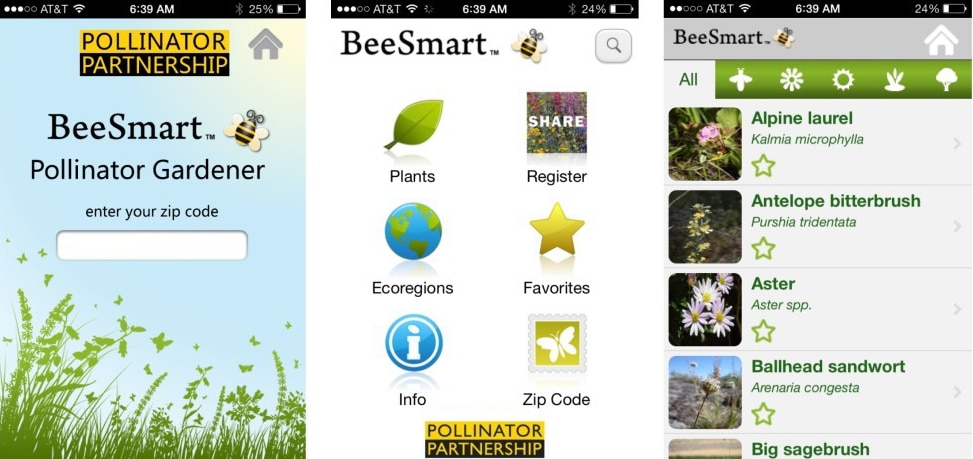No products in the cart yet. Keep shopping.
Gold Star Recyclers – Vilis Family Bakery
Vili's Family Bakery - Gold Star Recycler “I hate waste!” Vili Milisits, South Australian entrepreneur and owner of the iconic Vili’s Bakery, is...



Vili's Family Bakery - Gold Star Recycler “I hate waste!” Vili Milisits, South Australian entrepreneur and owner of the iconic Vili’s Bakery, is...
Jeffries latest innovation, Jeffries CulChar, is a complete, certified organic, slow-release fertiliser, including essential trace elements and minerals. The inclusion of Jeffries BioChar works together with the organic carbon of the included compost as a long-term soil conditioner. Jeffries CulChar is a very complete and cost-effective nutritional offer that is safe to use in direct contact with plants and their root systems.
Let’s take a closer look at how Jeffries CulChar works and compare how it performs next to other organic fertiliser alternatives.
There’s no denying that Jeffries Organic Compost is a useful soil amendment. Among its many benefits, it improves aggregate formation, porosity,...
One major advantage of compost is its ability to hold moisture, retain it for longer, increase the amount of water available to plant roots, and minimise the need for irrigation. Ultimately, improving water saving practices and reducing economic overheads for farmers. But how exactly does it do this?
If we dig deeper, we find that compost helps to save on water in a few different ways.